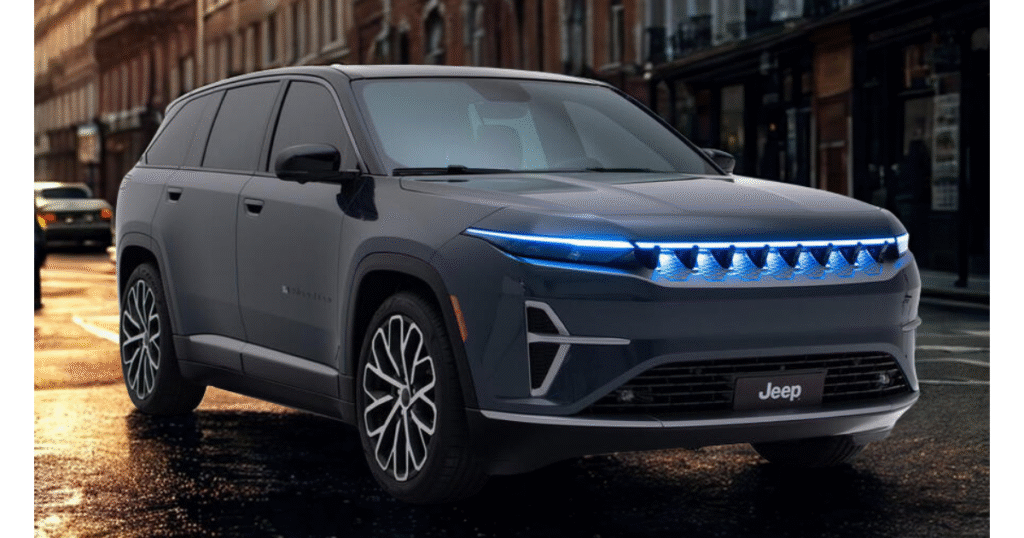EV affordability alarm!
For the first time, car-sharing companies have lowered the percentage of electric vehicles in their fleets as they express concern about the declining price of Electric Vehicles
In order to eliminate the need for users to purchase their own cars, car clubs are membership organisations that usually provide pay-as-you-go access to shared vehicles. Currently, there are about 3,50,000 active customers in the UK, most of whom are in London, and 5,500 car club vehicles in operation. Car clubs may have a far larger future, according to some, as environmental and net zero issues continue to sting cities throughout the United Kingdom.
However, according to recent data from CoMoUK, a charity that works in the shared mobility space, the percentage of EVs in car club fleets fell from 35% in 2023 to 30% in 2024. This is “the first time on record that the share of EVs within car clubs has declined,” according to the charity.
Increasing EV prices
Operators’ growing expenses are being held responsible for the industry’s declining interest in Electric Vehicles. These include tough revisions to vehicle excise duty laws that eliminated Electric Vehicles exemptions from April of this year, as well as increased charging rates at public charging stations.
Car sharing clubs pay an average of £6,276 more annually to operate an EV than a fuel counterpart due to all the factors affecting affordability, according to CoMoUK.
“Car clubs have spearheaded the transition to electric vehicles, and they remain well ahead in this regard even if only 4% of privately owned vehicles are Electric Vehicles.
“But unless steps are taken at the national and local levels to ensure that operators aren’t being unfairly penalized, there is a risk that this good progress will be lost,” he continues.
EV education is required.
CoMoUK argues there is an education gap in addition to the several actions it is advocating for to increase affordability. According to its research, some members of vehicle clubs are worried about charging, range, and their overall knowledge of Electric Vehicles’ operation.
Operators of car clubs are lining up to support CoMoUK’s calls for increased funding for infrastructure related to vehicle sharing, like designated parking spaces, as well as steps to lower running expenses.
James Taylor, the CEO of Zipcar, claims that although his company has given 170,000 drivers access to Electric Vehicles since 2018, “progress will be stalled” unless steps are taken to cut expenses.
“We want to use more Electric Vehicles due to the environmental benefits, but they cost more to run than petrol vehicles because the government adds VAT at 20 per cent for commercial electricity instead of the 5 per cent VAT on domestic electric,” argues Richard Falconer of Co Wheels. The government must alter the regulations to make the cost of Electric Vehicles equal to that of home-charging EV owners if it hopes to promote the transition to electric vehicles.
“Electric Vehicles are a crucial tool in the fight against climate change, but the transition is being slowed by a persistent affordability gap,” stated Marc Roberts, chief technology officer at Hiyacar. We run the risk of postponing the full environmental advantages that EVs can provide until they become more affordable.
Disclaimer:
This article is for informational purposes only and reflects the data and opinions available at the time of writing. It does not constitute financial, legal, or professional advice. Readers should conduct their own research and consult relevant experts before making decisions related to electric vehicles, car-sharing memberships, or related policies. The views expressed do not necessarily represent those of any organizations mentioned.
Also Read Latest
How Hydrogen Fuel Works and What Are Its Benefits
7 Amazing Facts About India’s First Hydrogen Fuel Powered Train
IISER Bhopal’s Revolutionary Discovery: Biodiesel Made from Banana Peel and Waste Plastic

Kay Parker is a seasoned journalist and content strategist with over 20 years of experience across diverse industries and media platforms.












